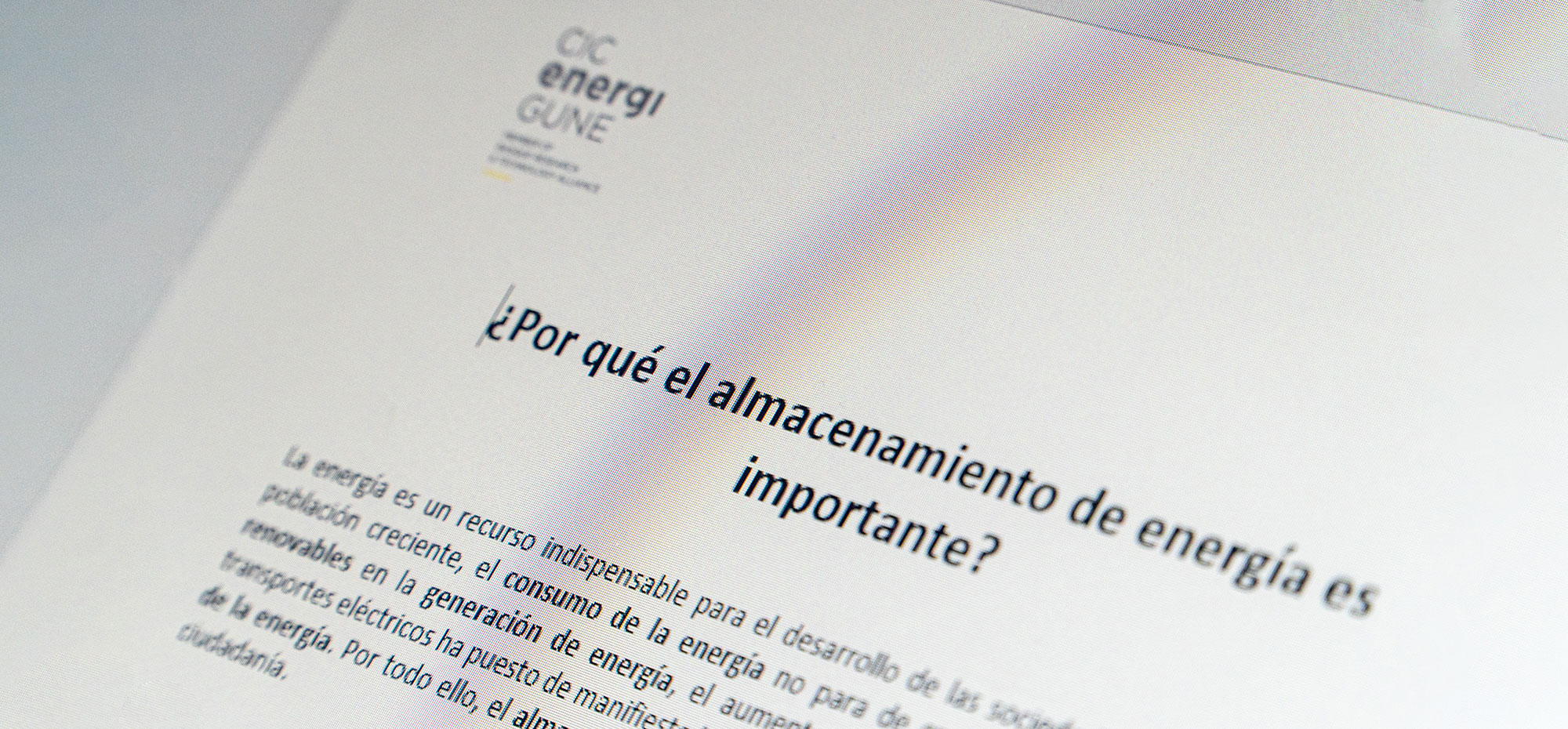As part of the coordinated CLIMATE project, the POLAR subproject, led by CIC energiGUNE, focuses on developing new methodologies to assess the second life of electric vehicle batteries. The main goal is to extend their lifecycle through non-destructive diagnostic tools capable of accurately measuring the state of health (SOH) and remaining useful life (RUL) of LIB (lithium-ion battery) cells.
These tools will help optimize decisions regarding battery refurbishment, reuse, or recycling, contributing to a reduction in the environmental footprint of batteries and promoting the circular economy in the electric transport sector.
In parallel, CIC energiGUNE also leads the DEEP subproject, part of the BREATHE project, which addresses one of the most critical challenges in the everyday use of batteries: safety.
Lithium-ion batteries (LIBs) are widely used, but their intensive use and operating conditions can lead to hard-to-predict accidents. These failures are often linked to internal thermal processes, gas generation, or dendrite formation, which can result in the dreaded phenomenon of thermal runaway.
DEEP aims to tackle this challenge by developing a diagnostic tool based on combined thermal and electrochemical characterization techniques, integrating non-destructive testing methods such as infrared thermography and advanced electrochemical analysis (EIS-DRT, DVA, ICA). This will enable early fault detection and the quantification of critical phenomena such as lithium plating or internal hot spots before they compromise battery safety.
Both subprojects, POLAR and DEEP, are part of a broader effort by the CLIMATE-BREATHE consortium to:
-
Thoroughly evaluate battery aging mechanisms
-
Develop advanced predictive models
-
Establish new safety and reuse methodologies
The combination of modeling and experimentation, along with the use of cutting-edge cell characterization technologies, will support the advancement of a new generation of safe, efficient, and sustainable batteries.
The outcomes of these projects will contribute to accelerating the adoption of electrified vehicles, reducing the risk of accidents, and positioning Spain as a leader in energy storage innovation. Moreover, they align with the strategic lines of the European Green Deal, the Battery 2030+ roadmap, and the goals of the State Plan for Scientific, Technical, and Innovation Research 2021–2023.




